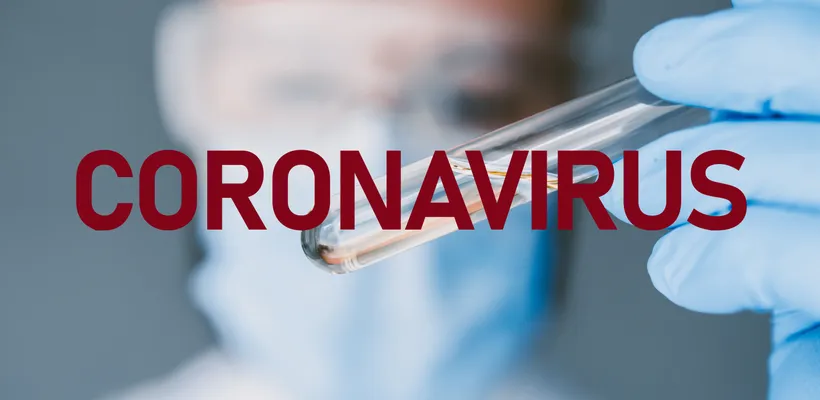Coronavirus Information

What is Coronavirus:
Novel coronavirus (COVID-19) is a new strain of coronavirus that was first identified in Wuhan City, China. Because of the rapid spread of the virus, the World Health Organization (WHO) has declared it a Public Health Emergency of International Concern (PHEIC). Reports of Coronavirus have been confirmed in countries in Europe and Asia, as well as Australia and Canada, amongst others.
Symptoms:
- Cough
- High temperature (fever)
- Shortness of breath
Coronavirus may cause more severe symptoms in people with weakened immune systems, older people, and those with long-term conditions such as diabetes, cancer and chronic lung disease.
How coronavirus is spread:
With Coronavirus being a new illness, it is not known exactly how coronavirus spreads from person to person. Similar viruses spread in cough droplets.
It's highly unlikely coronavirus can be spread through packages from affected countries or through food.
Currently, there is no vaccine for coronavirus.
Precautions:
To help stop germs like coronavirus spreading the following precautions are recommended.
Do:
- Cover your mouth and nose with a tissue or your sleeve (not your hands) when you cough or sneeze
- Bin used tissues straight away
- Wash your hands with soap and water often – use hand sanitiser gel if soap and water are not available
- try to avoid close contact with people who are unwell
Don't:
- Touch your eyes, nose or mouth if your hands are not clean
Call 111 immediately if you've been:
- to Wuhan or Hubei Province in China in the last 14 days (even if you do not have symptoms)
- to other parts of China, including Macau and Hong Kong, in the last 14 days and have a cough, high temperature or shortness of breath (even if it's mild)
- to Thailand, Japan, Taiwan, Singapore, Republic of Korea or Malaysia in the last 14 days and have a cough, high temperature or shortness of breath (even if it's mild)
- parts of northern Italy (anywhere north of Pisa, Florence and Rimini), Cambodia, Laos, Myanmar or Vietnam since 19 February and have a cough, high temperature or shortness of breath (even if your symptoms are mild)
- in close contact with someone with confirmed coronavirus
Do not go to a GP surgery or hospital. Call 111, stay indoors and avoid close contact with other people.
Tell 111 about any recent travel and any symptoms you have.
How to isolate yourself if you could have coronavirus:
If there's a chance you could have coronavirus, you may be asked to isolate yourself.
This means that for 14 days after returning from China or other specified areas, you should:
- Stay at home – do not go to work, school or public areas
- Not use public transport or taxis
- Ask friends or family members to carry out errands for you
- Try to avoid visitors to your home – friends, family or delivery drivers dropping off food is OK
While the risk to people in the UK is low, these steps can help reduce the possible spread of infection.
For the latest information on Coronavirus, please see the following links:
https://www.gov.uk/guidance/wuhan-novel-coronavirus-information-for-the-public